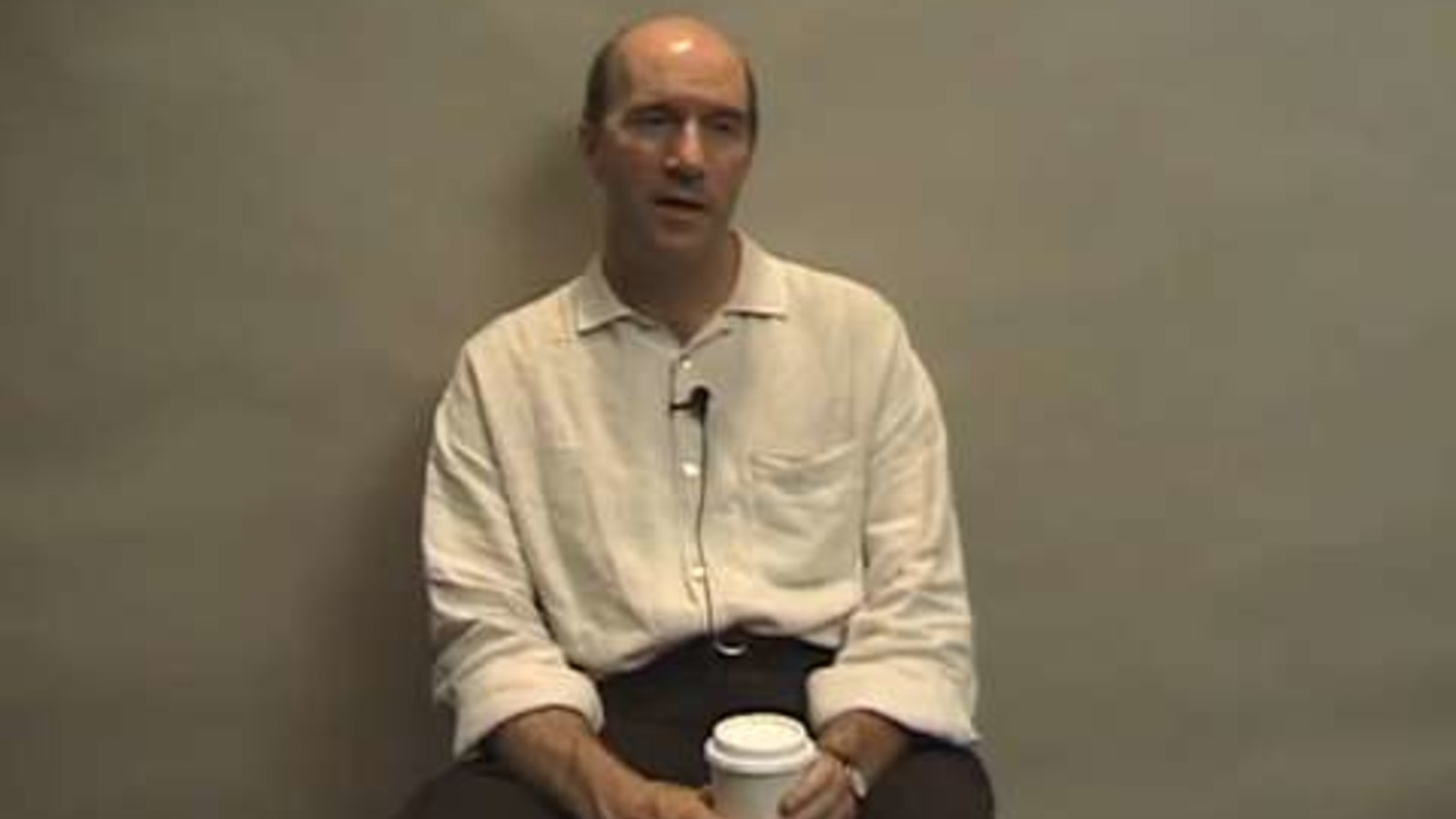
APA style: The Return of the Real: The Avant-Garde at the End of the Century.The Return of the Real: The Avant-Garde at the End of the Century." Retrieved from 1996 Artforum International Magazine, Inc. MLA style: "The Return of the Real: The Avant-Garde at the End of the Century." The Free Library.(p212)įoster, H (1996) The Return of the Real: The Avant-Garde at the End of the Century. In the New World Order (brazenly defined by George Bush) difference is an object of consumption too, as mega-corporations like Coca-Cola (We are the World) and Benetton (United Colours) know well. In a sense our ego is pledged first and foremost against the return of this body in pieces this threat turns the ego into an armor (a term Lacan uses) to be deployed aggressively against the chaotic world within and without – but especially without, against all others who seem to represent this chaos The modern subject becomes armoured – against otherness within (sexuality, the unconscious) and otherness without (for the fascist this can mean Jews, Communists, gays, women), all figures of this fear of the body in pieces again, of the body given over to the fragmentary and the fluid.

Importantly Lacan suggests that this imaginary unity of the mirror stage produces a retroactive fantasy of a prior stage when our body was still in pieces, a fantasy of a chaotic body, fragmentary and fluid, given over to drives that always threaten to overwhelm us a fantasy that haunts us for the rest of our life – all those pressured moments when one feels about to shatter. For at the very moment that we see our self in the mirror we see this self as image, as other, moreover, it is usually confirmed by another other – the adult in whose presence the recognition is made. This image founds our ego in this infantile moment as imaginary, that is, locked in an identification that is also an alienation.

In “The Mirror Stage” Lacan argues that our ego is first formed in primordial apprehension of our body in a mirror (though any reflection will do), an anticipatory image of corporeal unity that as infants we do not yet possess. There is no simple now: every present is nonsynchronous, a mix of different times thus there is no timely transition between the modern and postmodern.

Each epoch dreams the next, as Walter Benjamin once remarked, but in doing so revises the one before it.


 0 kommentar(er)
0 kommentar(er)
